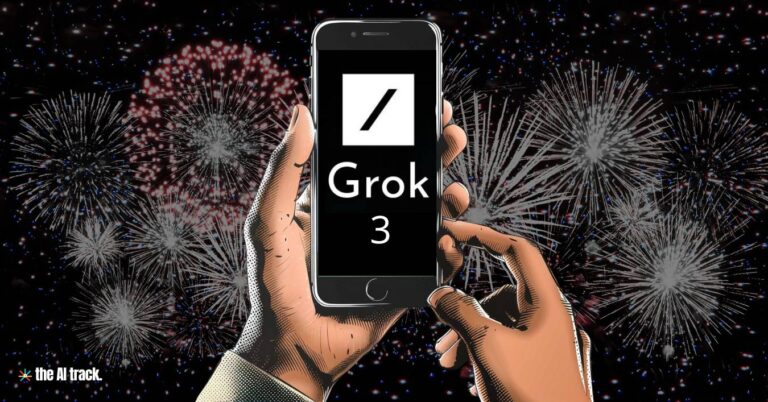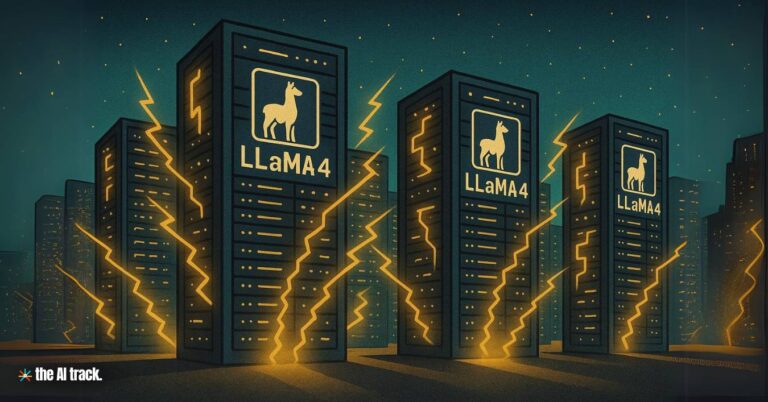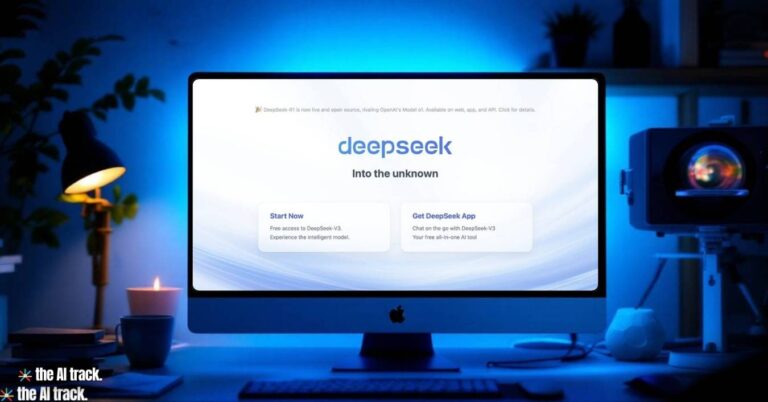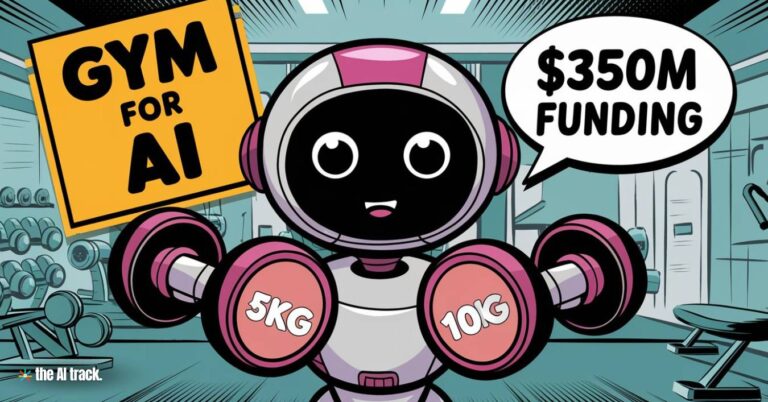Google’s Gemini has marked a significant milestone in the field of artificial intelligence. This innovative AI model, developed by Google DeepMind, is not just another entry in the AI race; it’s a game-changer that promises to redefine how we interact with technology. With its unique multimodal capabilities, Google’s Gemini stands out for its ability to understand and process a wide array of data types, including text, images, audio, and video.
However, this impressive technological leap has not been without its controversies. The introduction ofGemini has been shadowed by critical scrutiny, particularly following a demo video that purported to showcase its advanced capabilities. Questions have been raised about the authenticity of the video’s portrayal of real-time processing, with notable critiques pointing to the use of still image frames and pre-written text prompts, rather than the spontaneous, real-time interactions initially implied. This discrepancy, brought to light by commentators such as Bloomberg’s Parmy Olson, suggests a possible overstatement of Gemini’s abilities, casting a shadow of doubt over the veracity of its demonstrated capabilities.
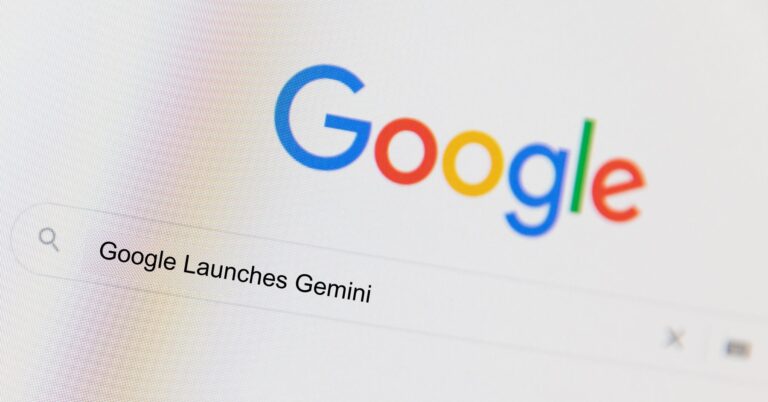
Key Points
- Launch Details: Google’s Gemini encompasses a family of AI models: Gemini Ultra, Gemini Pro, and Gemini Nano. Each version is tailored for specific applications, from mobile devices to advanced data processing.
- Capabilities: The standout feature of Google’s Gemini is its natively multimodal design, enabling it to process and understand a diverse range of inputs. This includes text, programming code, images, audio, and video.
- Performance: Gemini Pro, already available, outperforms OpenAI’s GPT-3.5 in various benchmarks, including GSM8K for math reasoning. Gemini Ultra, with its superior multimodal capabilities, is slated for release in 2024.
- Integration: Gemini is being integrated into various Google products. For instance, Gemini Pro powers Bard, Google’s ChatGPT competitor, while Gemini Nano is set for Android 14 on the Pixel 8 Pro.
- Development Challenges: The development of Google’s Gemini has faced challenges, particularly in handling non-English queries, indicating ongoing efforts to enhance language capabilities.
- Ethical Considerations: As with all AI advancements, Gemini brings up ethical concerns, including potential job displacement and misuse. Google emphasizes the importance of responsible development and collaboration with experts.
- Environmental Impact: The environmental impact of training large AI models like Google’s Gemini is a topic of discussion. Training such models can be resource-intensive, and Google has been tight-lipped about the specific environmental costs.
- Market Implications: The introduction of Gemini intensifies competition with AI rivals like OpenAI and Microsoft, signaling a new phase in the AI technology race.
- Future Prospects: With Google’s Gemini, the future of AI seems more versatile and dynamic. Its ability to handle complex data and provide nuanced responses opens new possibilities in various sectors, from tech support to creative industries.
Concerns Raised Over Google’s Gemini Demo Video & Demo Video Controversy
Google’s recent launch of Gemini has come under scrutiny for potentially misrepresenting the AI’s capabilities in a demo video.
- Controversy Details: The demo video showcased impressive features like quick image recognition and real-time tracking. However, it included a disclaimer about reduced latency and shortened outputs for brevity.
- Criticism: Bloomberg’s Parmy Olson highlighted discrepancies in the video, indicating that real-time spoken prompts were not used, but rather still image frames and written text prompts.
- Google’s Defense: Oriol Vinyals, VP of research at DeepMind, stated that the user prompts and outputs in the video were real but shortened for demonstration purposes.
- Implications: This controversy underscores the intense competition between Google’s Gemini and OpenAI’s GPT, raising questions about the portrayal of AI capabilities.
Sources
- Google’s Gemini isn’t the generative AI model we expected | TechCrunch
- Google Just Launched Gemini, Its Long-Awaited Answer to ChatGPT | Wired
- Google Gemini Outperforms Most Human Experts & GPT-4 I Artificial intelligence I Google’s DeepMind | Business Today
- Google Gemini Tries Outsmarting ChatGPT With Photo and Video AI | CNET
- Google launches Gemini, upping the stakes in the global AI race | AP News
- Google just launched a new AI and has already admitted at least one demo wasn’t real | The Verge
- Google’s Gemini Is the Real Start of the Generative AI Boom | Wired


